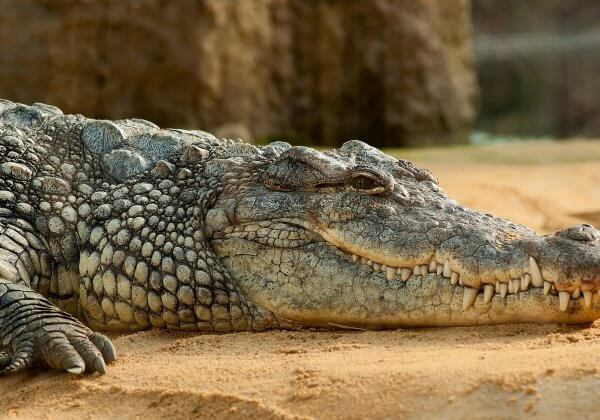PETA and NZAVS Work to Ban the Cruel Forced Swim Test in Aotearoa and Beyond
PETA has helped put another nail in the coffin of the cruel and pointless forced swim test, aiding NZAVS in securing Aotearoa’s ban on the bogus test.
Thanks to the combined effort, the forced swim test is now effectively banned in one-third of Aotearoa’s research institutions, and no university in the country is using this unscientific experiment, sparing countless animals pointless torment.
It’s a watershed moment in Aotearoa and another huge win for sound scientific research.
The Bogus Test
In the forced swim test – sometimes called the “despair test” – mice, rats, and other small animals are often dosed with a test substance and then dropped into inescapable beakers of water. Experimenters watch as the animals frantically swim for their lives and struggle to stay afloat, in the debunked belief that this reveals something about human depression.
PETA and NZAVS have a common goal—to see an end to the exploitation of animals. When we work together, we are a powerful force to be reckoned with: He tōtara wāhi rua he kai nā te ahi—unity is strength.
– Tara Jackson, Executive Director of NZAVS
How Was This Important Development Achieved?
PETA entities provided NZAVS with critical scientific advice on the pointless cruelty of the forced swim test. The New Zealand group worked tirelessly for four years and collected more than 25,000 signatures on a petition supporting a ban on the test. It then submitted the petition to Parliament, which called for a public hearing to discuss a nationwide ban.
PETA entity scientists, led by Dr Emily Trunnell, director of science advancement and outreach at PETA US, were among the experts who delivered testimonies against the disgraced test. But Parliament ultimately decided against a nationwide ban.
Undeterred, PETA continued to work with NZAVS, changing tactics and engaging with key industry stakeholders. Once again, Dr Trunnell was instrumental in presenting evidence to members of New Zealand’s animal science and research community.
As a result, AgResearch, the country’s largest animal ethics committee, banned the forced swim test. The move makes it impossible for more than a third of all research facilities in the country to use the test, since this committee must approve how institutions under its jurisdiction use animals for experimentation.
Additionally, no universities in Aotearoa are using the forced swim test – a dramatic and needed change for compassionate, fact-based scientific exploration. NZAVS won a 2022 Lush Prize for this accomplishment. In appreciation, the group sent a thank-you card signed by thousands of supporters to universities across the country for steering clear of the forced swim test.
Help Ban the Forced Swim Test Globally
The forced swim test is purportedly conducted to study human depression and test the efficacy of antidepressants, but experts have strongly and repeatedly debunked the experiment’s validity.
Please take action by urging Australian universities to ban this worthless test.








